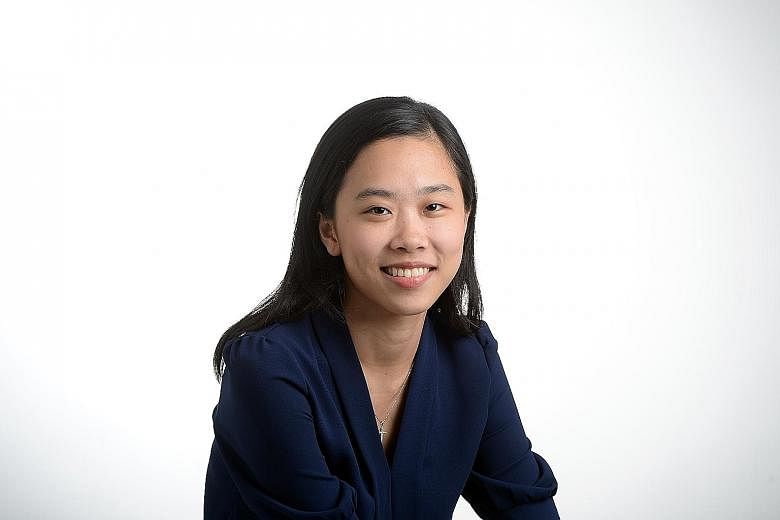Over the last decade, there has been a gradual change in the direction that schools have been taking to prepare students for a changing world.
There is less emphasis on memorising facts; instead, they have more hands-on tasks and real-life examples. This shift towards a more application-based approach in learning and assessment has taken place at all levels - from primary school to junior college (JC).
The JC syllabus, revamped for the first time in a decade, requires students to relate classroom knowledge to Singapore and the rest of the world.
They need to make connections between topics, focus less on isolated facts and understand the whys and hows of things. The changes, which apply to students in both the science and arts streams, are necessary for education to keep up with the times.
We are moving away from the days of learning facts in a vacuum, and merely accumulating and then forgetting content after school is over.
Facts need to be taught in context because schooling is not about preparing students for examinations, but about equipping them to find jobs and solve problems of the future. This is not just the job of higher education institutions like the universities and polytechnics; JCs and even primary and secondary schools have roles to play.
Schools still need to teach theories and concepts, and students still need to master academic content.
But students now also need to develop skills that will be of long-term value, such as creativity, inquiry, flexibility and the ability to draw links to developments in society.
These skills are becoming more vital as technology advances and new jobs replace old ones.
The changes are exciting, but they are also challenging, because students used to being spoon-fed with information need to step out of their comfort zones to think and reflect more actively.
This process might take a while, and adjustments will have to be made along the way, but it will be well worth the effort in the long run.



